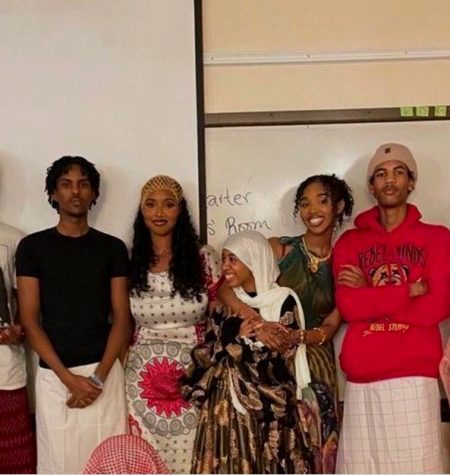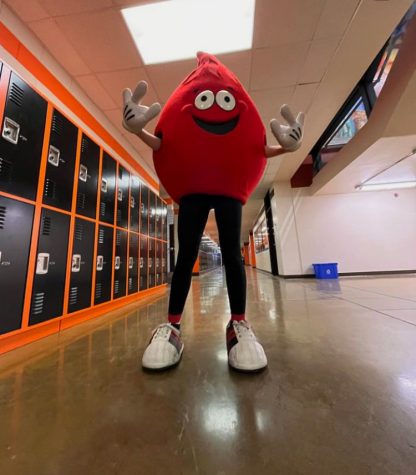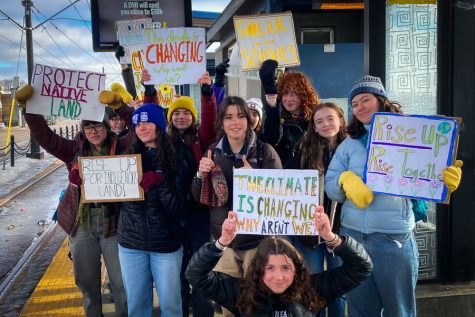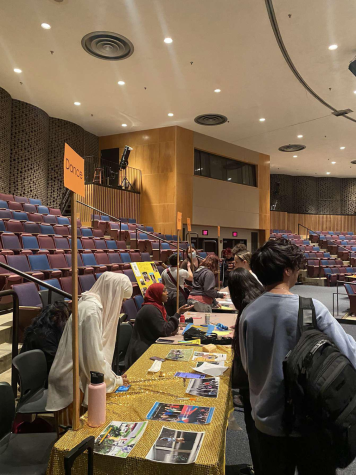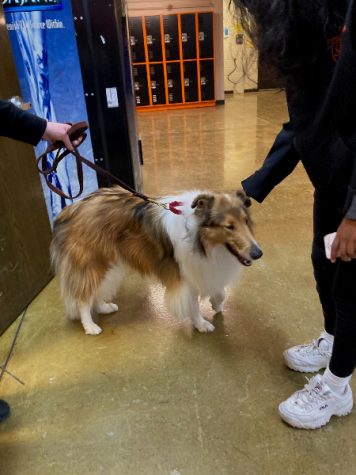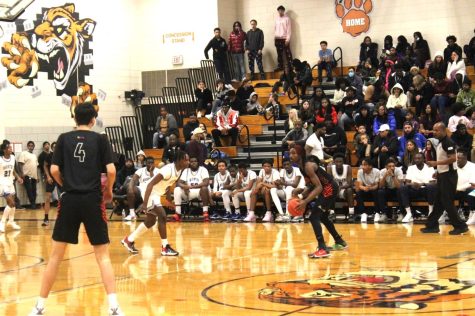Protest against Super Bowl tackles police brutality, corporate interests
The protest, a march from Peavey Park to US Bank Stadium brought together many organizations and activists. Different groups represented a multitude of issues that were raised in chants that could be heard from streets away.
Though some crowds gathered to watch famous football players on Super Bowl Sunday, other crowds made up of protesters gathered to march. On February 4th, with Kendrick Lamar’s “Alright” playing in the background and signs with phrases such as “Human Need Not NFL Greed” proudly displayed, demonstrators prepared to make their more than 1 ½ mile trek in sub-zero windchill.
Many different groups, from Black Lives Matter Minnesota to the Anti-War Committee, hosted the rally which transformed into a march from Peavy Park on the edge of downtown Minneapolis to U.S. Bank stadium where the Super Bowl was later held that day. In a press release by the Super Bowl Anti-Racist and Anti-Corporate Committee, it was described as “a protest against racist police brutality and the sell-out of our city to greedy NFL owners and corporate sponsors.”
Speakers at the rally beforehand were as diverse as the organizations involved. One was Monique Collars-Doty, whose nephew was killed by the St. Paul Police Department and who is involved with Twin Cities coalition for Justice for Jamar. Collars-Doty stressed the importance of working together in her speech.
“It is important that we… stand up for change and that we unite in solidarity across so many different issues that are affecting oppressed people,” said Collars-Doty. “Your problem is my problem, and my problem should be your problem, because we are united as people, people who care about one another, people who care about the future of our children.”
Other speakers brought to light the impact made by youth. Mayela De Luna, a junior at Cristo Rey High School in Phillips neighborhood, spoke about the motivations behind her school’s volleyball team taking a knee in solidarity with Colin Kaepernick.

“We kneeled because we are part of the community, so we feel for what is going on. The suffering for those who face police brutality and white supremacy, for those who are affected by the Islamic ban and DREAM Act,” said De Luna. “We believe that we are all one and equal and that no one should face racism, white supremacy or police brutality at any age.”
One attendee was South High 2016 graduate Addie Welch. Welch explained she attended the protest because she believes “the Super Bowl is more than just a football game, it’s kind of a representation of corporate power and white supremacy.”
“I hope that it will make people think about the Super Bowl a little more critically and realize that it’s not just a game, and there a lot of other stuff going [on] behind the scenes,” said Welch. “It’s about community power, just organizers and activists in the Twin Cities can continue to get to know each other and support each other.”
South junior Aria Wanek attended that rally to protest the effects of the Super Bowl on an array of issues. “I’m protesting the racist institution of the super bowl, the exploitation of workers, the evacuation of the homeless in downtown and the exploitation of immigrants who are being turned over to ICE and different government agencies,” said Wanek. “We are letting these government associations control [Minneapolis] when we’re supposed to be a sanctuary city.”
After advancing down the light rail line on 5th street, protesters marched on the tracks bringing the train to a halt. They eventually gathered at a security checkpoint leading up to US Bank Stadium. Game-goers struggled to get through, some yelling “Trump 2020” as they pushed through protesters.
The march culminated as protesters took a knee and a speaker began to read off names of victims of police brutality. Then as one, the protesters stood up and began chanting, “We kneel. We stand. We fight.”
Additional reporting by Zoë Chinander-Mcfaul
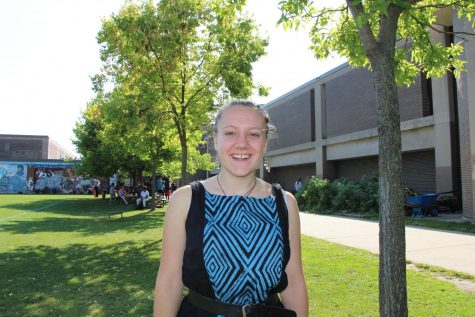
Livia Lund is in her 3rd year on the Southerner staff as Editor in Chief. Beginning as a Staff Writer her sophomore year, Lund took over the position of...
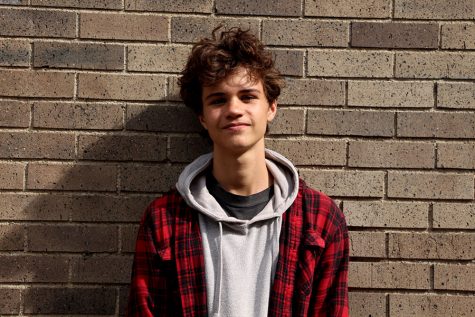
Henry Holcomb is a senior at South and is the Features Editor for the Southerner. In his third year on the Southerner, Holcomb is excited to be involved...
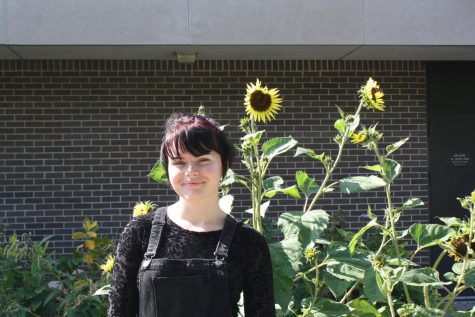
From slam poetry to women’s basketball, senior Soline Van de Moortele has seen it all. In her third year as a staff member she serves as the News and...

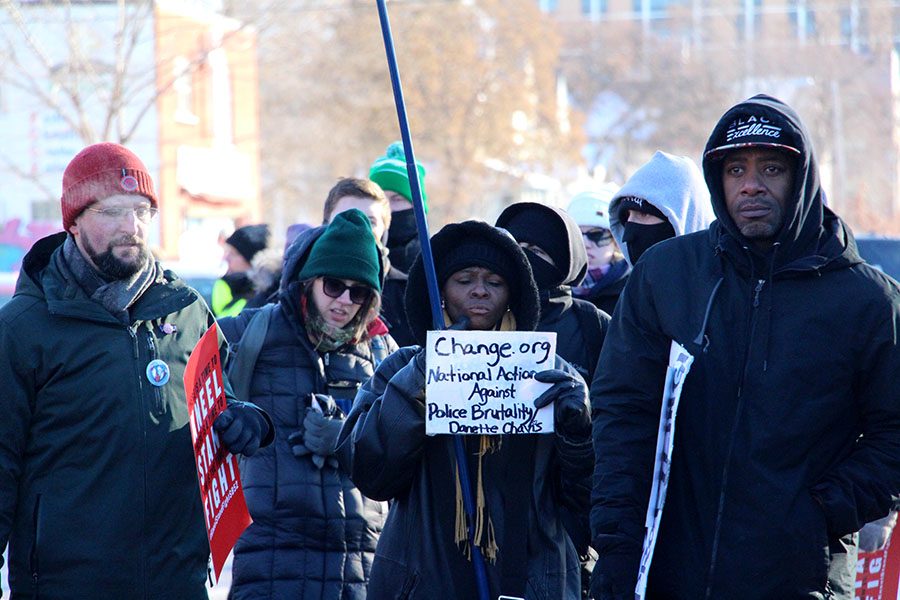
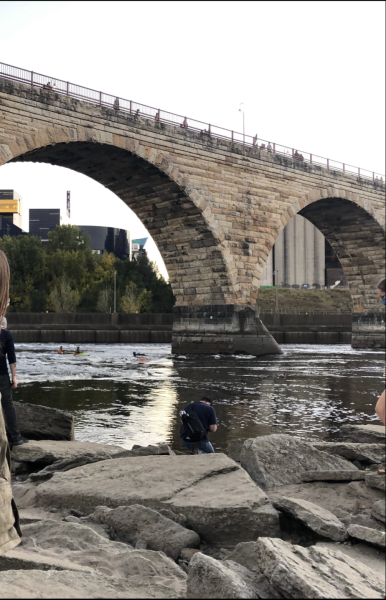
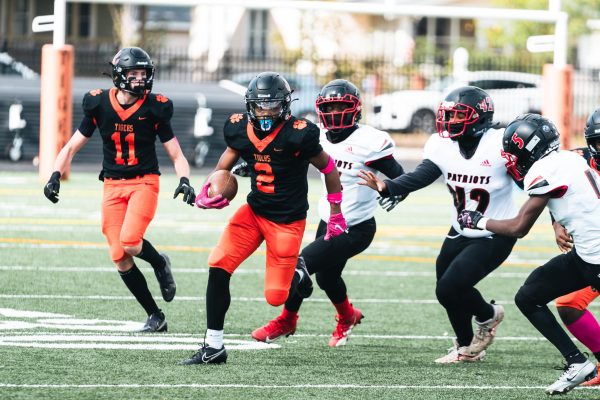
![A power outage on Friday May 12 before the start of the school day led many students to leave the building and miss parts of first, second and third hour. “[Staff at the front door] said the power might be on at 11, so [we should] come back to school at 11,” recalled freshman Riley Olson. “A lot of people went back home.” However, Principal Afolabi Runsewe claimed and maintains that students were told to stay in the commons and were never given the option to leave school.](https://www.shsoutherner.net/wp-content/uploads/2023/06/power-outage-475x356.png)
